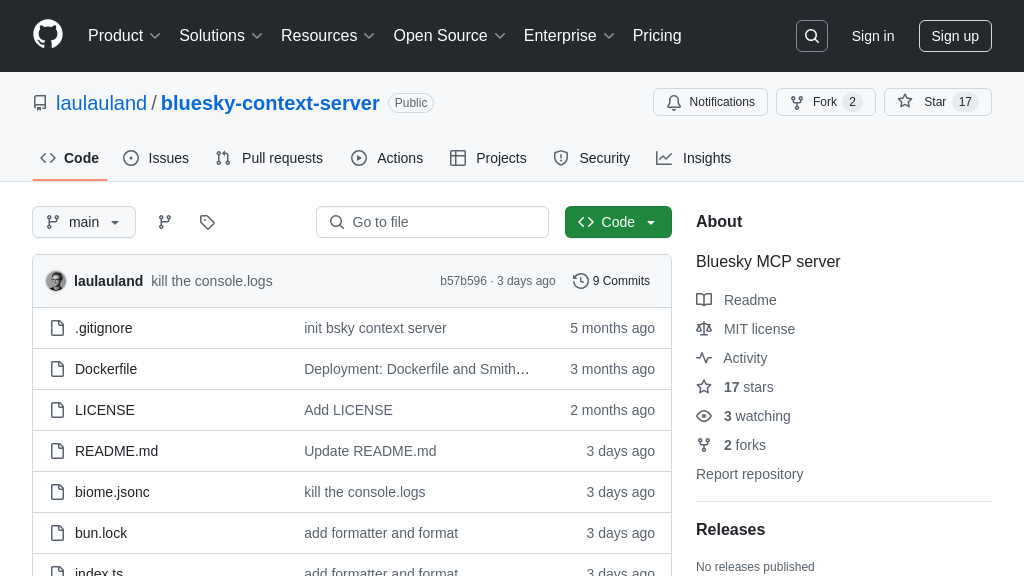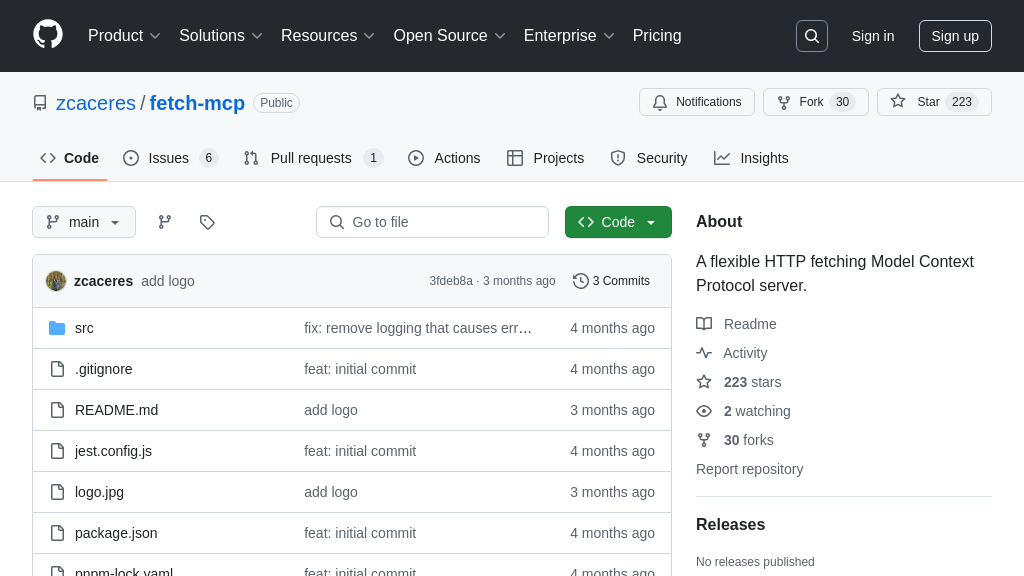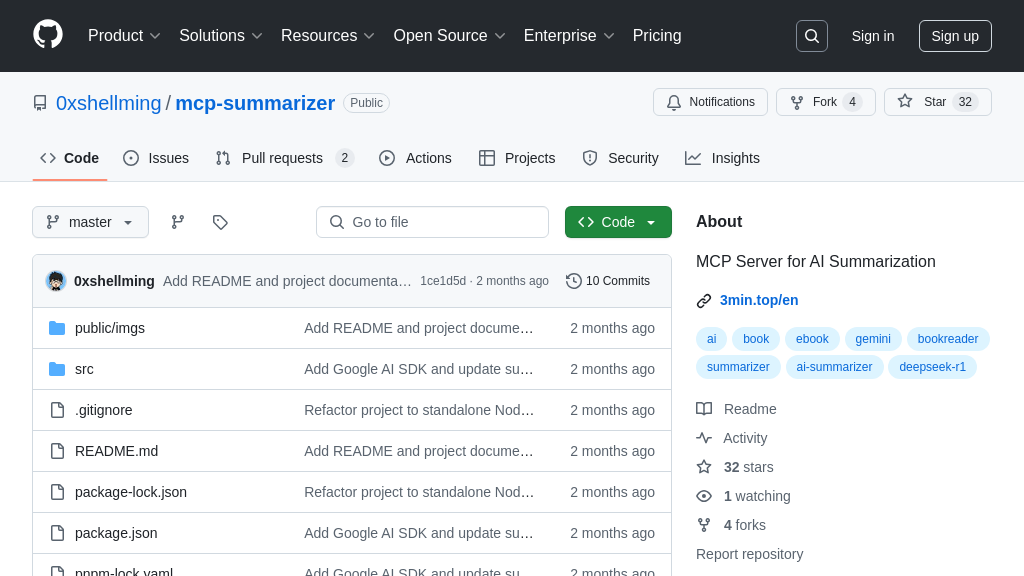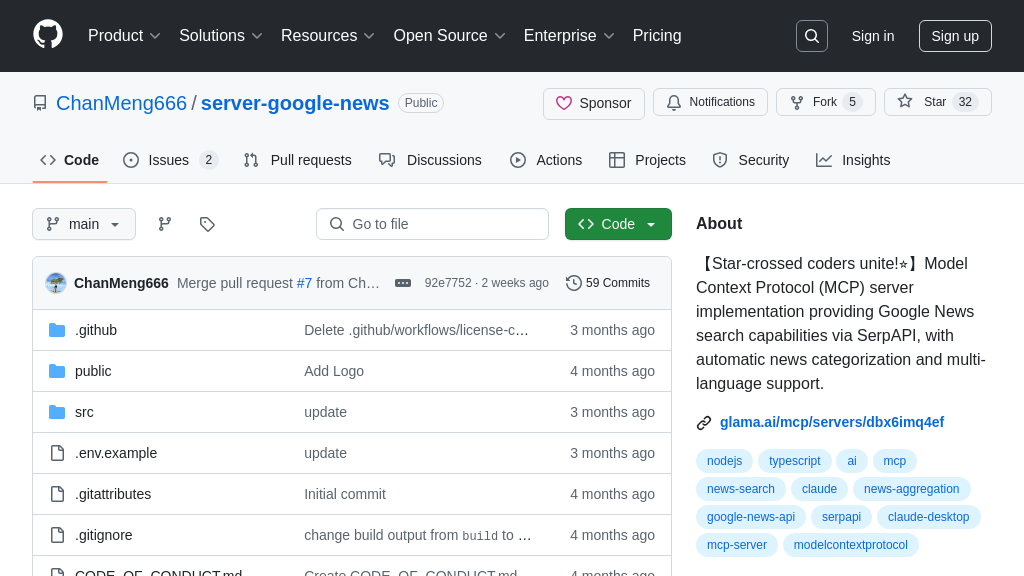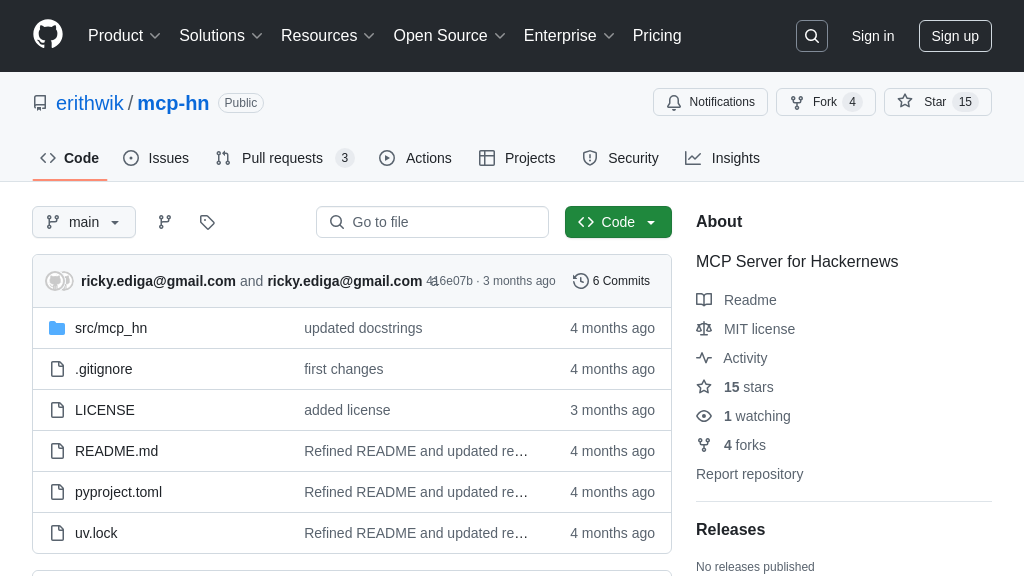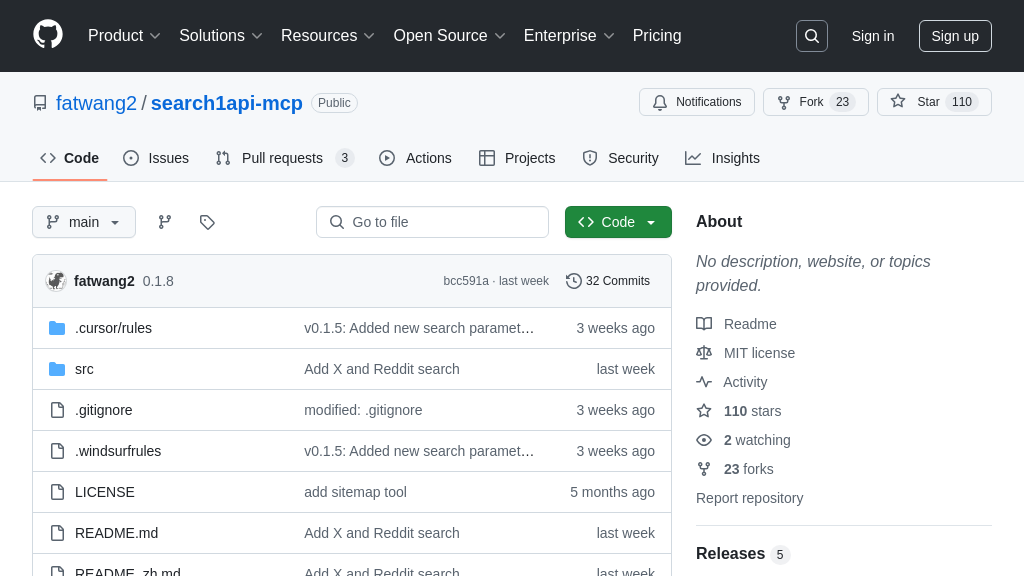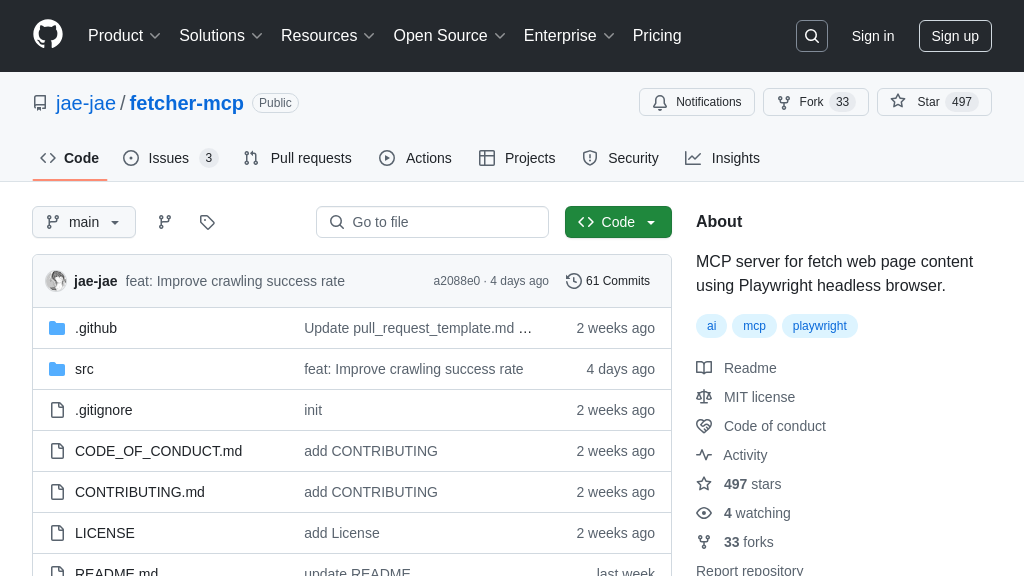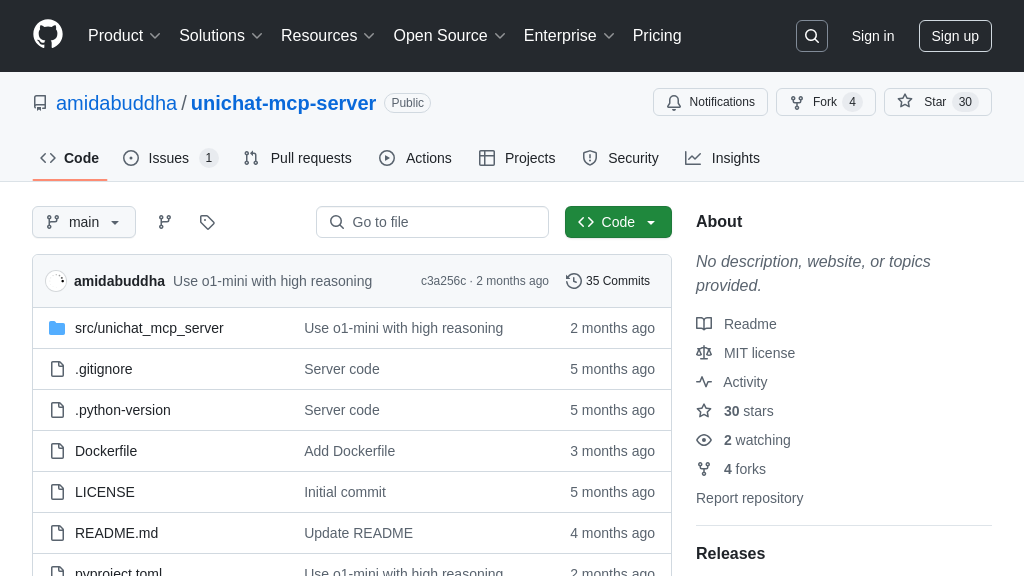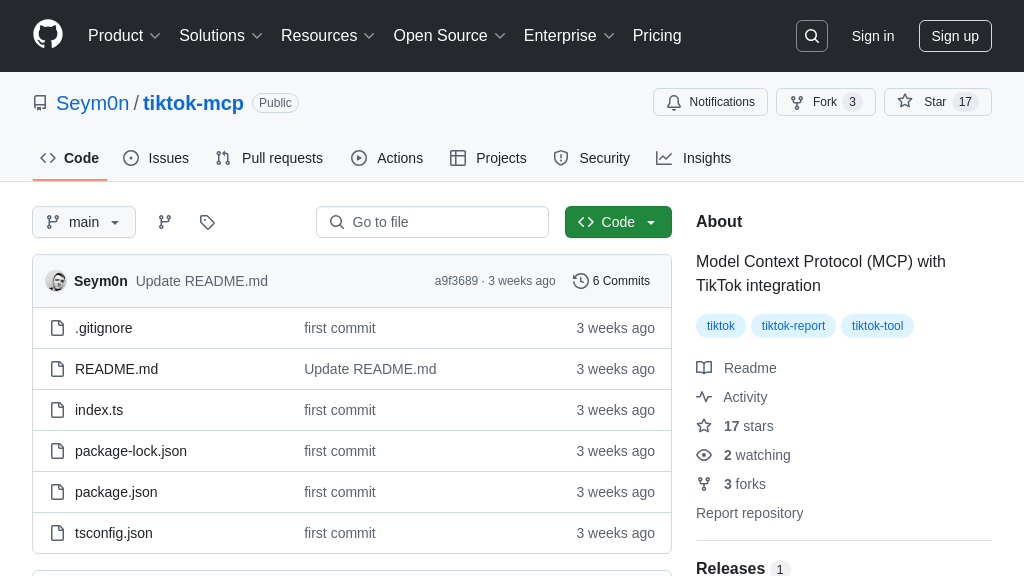mcp-agent
mcp-agent: A lightweight framework for building AI agents with Model Context Protocol (MCP). Simplifies integration and workflow management.
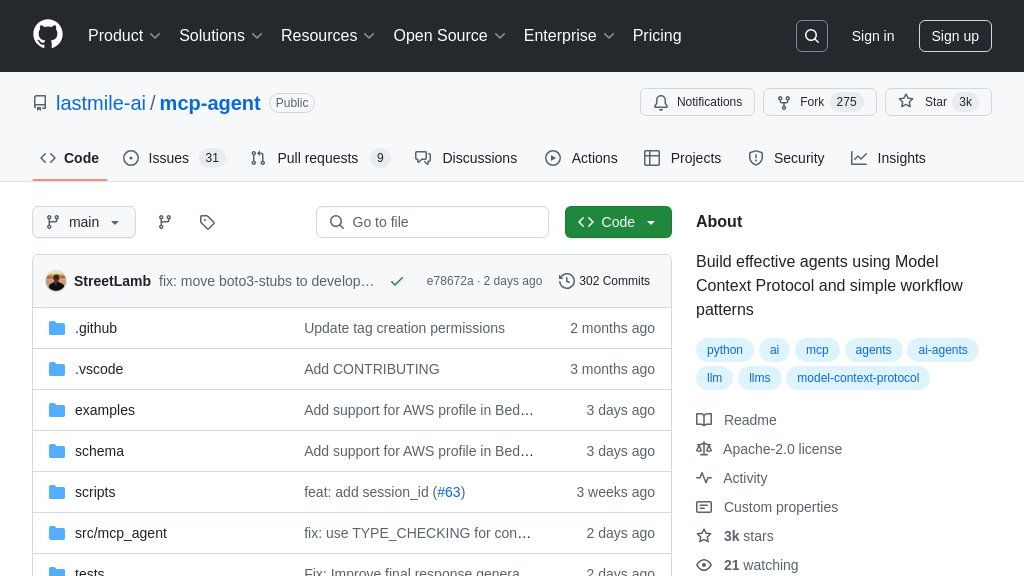
mcp-agent Solution Overview
mcp-agent is a framework designed to simplify the creation of AI agents that leverage the Model Context Protocol (MCP). It streamlines the process of connecting to MCP servers, enabling developers to focus on core application logic rather than low-level protocol management.
This framework implements composable patterns for building production-ready AI agents, drawing inspiration from Anthropic's research on effective agent design. It handles MCP server connection lifecycles and offers pre-built, chainable patterns, including the OpenAI Swarm pattern for multi-agent orchestration.
mcp-agent enhances AI model capabilities by providing seamless access to external tools and services via MCP servers. It simplifies the development of robust and controllable AI agents, allowing them to interact with various services out-of-the-box. By managing server connections and implementing agent patterns, mcp-agent empowers developers to build sophisticated AI applications with ease. It supports various workflows, including multi-agent collaboration, human-in-the-loop processes, and RAG pipelines.
mcp-agent Key Capabilities
Simplified MCP Server Connection
mcp-agent streamlines the process of connecting to MCP servers, abstracting away the complexities of managing server lifecycles. It provides tools like gen_client, connect, and disconnect, along with the MCPConnectionManager, to simplify establishing and maintaining connections. This allows developers to focus on utilizing the functionalities exposed by MCP servers without getting bogged down in connection management details. The framework supports both short-lived connections for single tasks and persistent connections for multi-step workflows.
Use Case: Imagine an AI agent that needs to fetch data from a website and then store it in a database. Using mcp-agent, the developer can easily connect to a "fetch" server to retrieve the website content and then connect to a "database" server to store the data, all within the same workflow.
Technical Detail: The gen_client function uses asynchronous context managers to automatically handle server initialization and shutdown, ensuring resources are properly managed.
Agent Definition and Tool Exposure
The Agent class in mcp-agent provides a structured way to define AI agents and expose MCP server functionalities as tools to these agents. An agent is defined with a name, instruction, and a list of MCP servers it can access. The framework automatically initializes the specified MCP servers and makes their tools available for the agent to use. This simplifies the process of integrating external services into AI agents, allowing developers to easily extend the capabilities of their agents with tools from various MCP servers.
Use Case: Consider an agent designed to assist with travel planning. This agent could be configured to use a "flight booking" server, a "hotel reservation" server, and a "weather forecast" server. mcp-agent would handle the connections to these servers and expose their functionalities as tools that the agent can use to plan trips.
Technical Detail: The list_tools() method retrieves the available tools from the connected MCP servers, making them accessible to the LLM for dynamic tool selection during task execution.
Composable Workflow Patterns
mcp-agent implements various workflow patterns inspired by Anthropic's "Building Effective Agents" and OpenAI's Swarm pattern, all exposed as AugmentedLLM instances. These patterns, including Parallel, Router, Evaluator-Optimizer, and Orchestrator-Workers, can be easily composed and chained together to create complex AI workflows. This composability allows developers to build sophisticated agent applications by combining different workflow patterns to achieve specific goals.
Use Case: A complex customer service application might use an Orchestrator-Workers pattern to generate a plan for handling a customer request, then use a Parallel pattern to execute multiple steps of the plan concurrently, and finally use an Evaluator-Optimizer pattern to refine the final response.
Technical Detail: Each workflow pattern is implemented as an AugmentedLLM, which means it can be seamlessly integrated into other workflows, enabling a high degree of composability.
Model-Agnostic Multi-Agent Orchestration
mcp-agent provides a model-agnostic implementation of OpenAI's Swarm pattern for multi-agent orchestration. This allows developers to create collaborative multi-agent systems that can leverage the capabilities of multiple LLMs and MCP servers. The Swarm pattern enables agents to work together to solve complex problems, with each agent contributing its expertise and tools to the overall task.
Use Case: In an airline customer service scenario, a Swarm of agents could be used to handle different aspects of a customer request, such as flight modifications, cancellations, and lost baggage claims. Each agent would specialize in a specific area and use the appropriate MCP servers to resolve the customer's issue.
Technical Detail: The mcp-agent Swarm pattern is exposed as an AugmentedLLM, allowing it to be composed with other workflow patterns for even greater flexibility and control.
